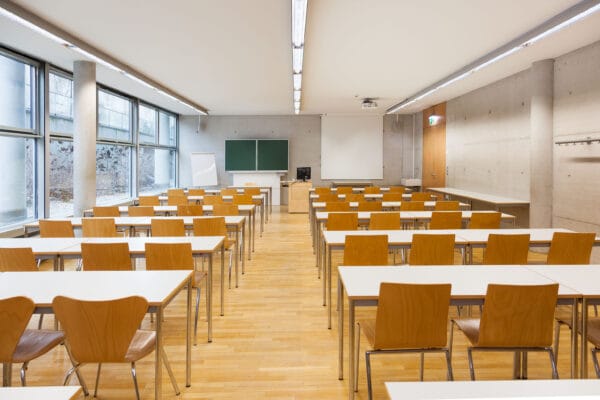
NAME:
SOWI - UR 3
BUILDING:
SOWI
FLOOR:
-1
TYPE:
Seminar Room
CAPACITY:
70
ACCESS:
Only Participants
EQUIPMENT:
Beamer, PC, WLAN (Eduroam), Overhead, Flipchart, Blackboard, Handicapped Accessible, LAN
SUSTAINING INDIGENOUS MOUNTAIN CULTURES IN A CHANGING ECONOMY
A CASE STUDY OF THE MAO-NAGAS
* Kaini Lokho,
Assistant Professor, Department of Political Science
Asufii Christian Institute, Mao, Manipur
Mob: 7005128402, Email: kainilokho@gmail.com
* Dr. Daili Neli,
Assistant Professor, Department of Sociology
Asufii Christian Institute, Mao, Manipur
Mob: 9891126618, Email: neli.daili@gmail.com
Abstract
As one of the indigenous groups that inhabits the hills of Manipur in the North-East Region of India, the Mao-Naga Community have close relationship with nature and the environment. The customs and traditions that guide the socialization and governance of the community are directly influenced by the natural cycle and the mountains that surrounds the villages since the time of antiquity. Until a decade ago, agriculture was the community’s primary occupation. However, there has been a noticeable shift towards seasonal farming and alternative economic activities, such as tourism, small-scale trade and wage labour. This transition raises concerns not only about the community’s self-sustaining way of life but also about potential erosion of its cultural heritage and traditional knowledge systems. The change in the climatic conditions is due to deforestation and pollution of the rivers and other infrastructural implementations by the state in pursuit of greater economic engagement with South East countries. As a result, the loss of indigenous knowledge systems that perpetuate sustainable human-nature relationship, that have guided the community agricultural pursuits for centuries are under threat and the rich biodiversity that was protected is now open to destruction in the guise of development without adequate policies that checks and balances. This paper will examine the narratives and life of the community under study and reconcile the development perspective with the preservation of indigenous mountain culture that could promote sustainability.

We and use cookies and other tracking technologies to improve your experience on our website. We may store and/or access information on a device and process personal data, such as your IP address and browsing data, for personalised advertising and content, advertising and content measurement, audience research and services development. Additionally, we may utilize precise geolocation data and identification through device scanning.
Please note that your consent will be valid across all our subdomains. You can change or withdraw your consent at any time by clicking the “Consent Preferences” button at the bottom of your screen. We respect your choices and are committed to providing you with a transparent and secure browsing experience.